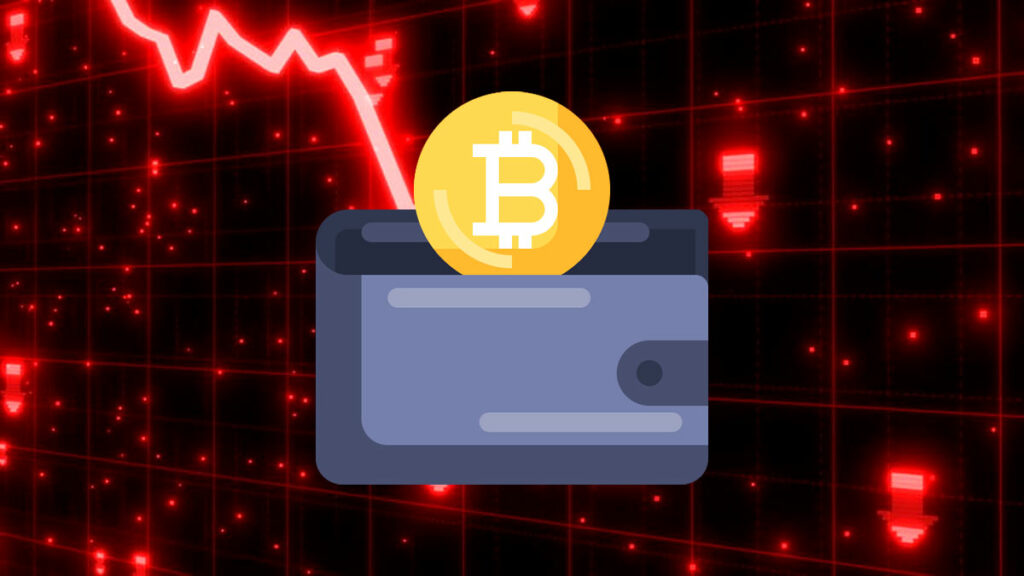TL;DR
- Despite the recent approval of several spot Bitcoin ETFs by the SEC, Bitcoin wallet activity and the cryptocurrency’s price have seen a significant decline.
- Data from blockchain analytics companies Santiment and IntoTheBlock indicate a persistent decrease in the quantity of Bitcoin wallets with a balance greater than zero.
- This trend suggests an increasing sense of fear, uncertainty, and doubt (FUD) among investors, with a redirection of interest towards alternative forms of investment.
Bitcoin wallet activity has seen a significant decline, despite the recent approval of several spot Bitcoin exchange-traded funds (ETFs) by the SEC. This unexpected trend has raised questions about the current state of confidence in the cryptocurrency market.
The approval of Bitcoin ETFs was widely anticipated to usher in an era of mainstream adoption and sky-high prices for the flagship cryptocurrency. However, instead of the expected surge, Bitcoin has experienced a crash of over 20% from its 2024 high of $49,000 to just under $39,000.
According to data provided by Santiment, a company specializing in blockchain analytics, there has been a persistent decrease in the number of Bitcoin wallets with a balance greater than zero. This has been observed for almost a month after the significant approval of Exchange-Traded Funds (ETFs).
📉 #Bitcoin's wallets (with greater than 0 coins) are still declining as #crypto nears 4 weeks since the #SEC's 11 Spot #ETF approvals. This can be attributed to crowd #FUD, and less interest in direct $BTC ownership due to other investment alternatives. https://t.co/tjnjELxGw1 pic.twitter.com/xRymU7C0ro
— Santiment (@santimentfeed) February 7, 2024
This pattern suggests an increasing sense of fear, uncertainty, and doubt, commonly referred to as FUD, among investors. Concurrently, there appears to be a redirection of interest towards alternative forms of investment, moving away from the direct ownership of Bitcoin.
The Unexpected Decline of Bitcoin Wallet and Activity After ETF Approvals

Comprehensive data from IntoTheBlock indicates a significant drop in the number of daily active addresses, new addresses, and active addresses. Simultaneously, there has been a rise in the number of addresses with a zero balance. Over the past week, there has been a steep decline of 35.95% in daily active addresses, while new addresses and active addresses have decreased by 5.99% and 24.40%, respectively.
What is particularly revealing is the total count of Bitcoin addresses, which has remained relatively stable, exhibiting a slight variation over 30 days, ranging from a peak of 51.93 million to a trough of 51.45 million addresses.
The discourse around the launch of the Bitcoin ETF has been characterized by both enthusiasm and doubt. Anthony Scaramucci, a notable personality in the realm of cryptocurrency, has openly expressed his disapproval of the adverse media attention in the aftermath of the ETF approvals.
He contests the gloomy perspective by emphasizing the remarkable debut of the $5 billion ETF, questioning critics on their interpretation of success. This divergence is also evident in financial establishments such as LPL Financial, which is opting for a more prudent strategy.










